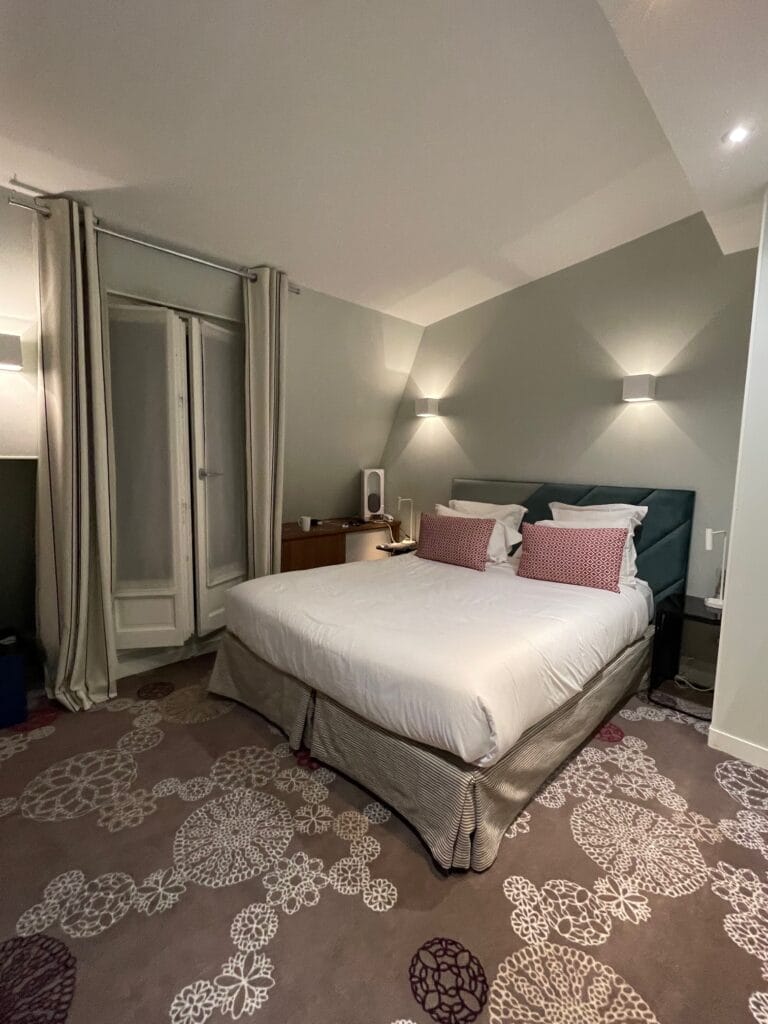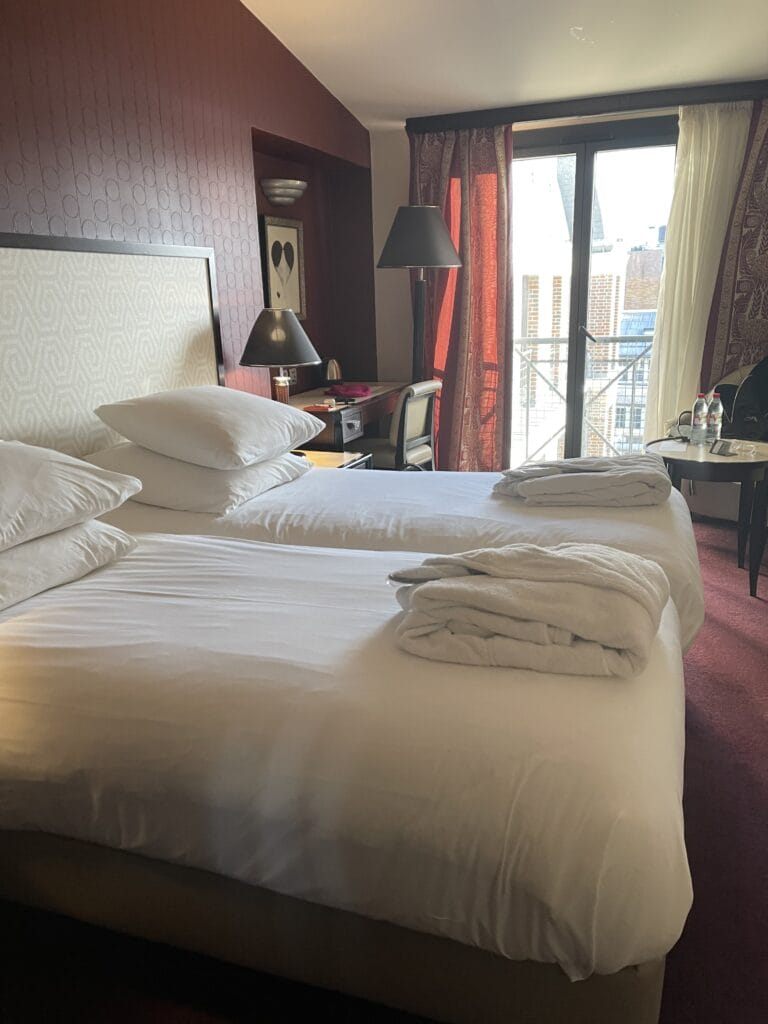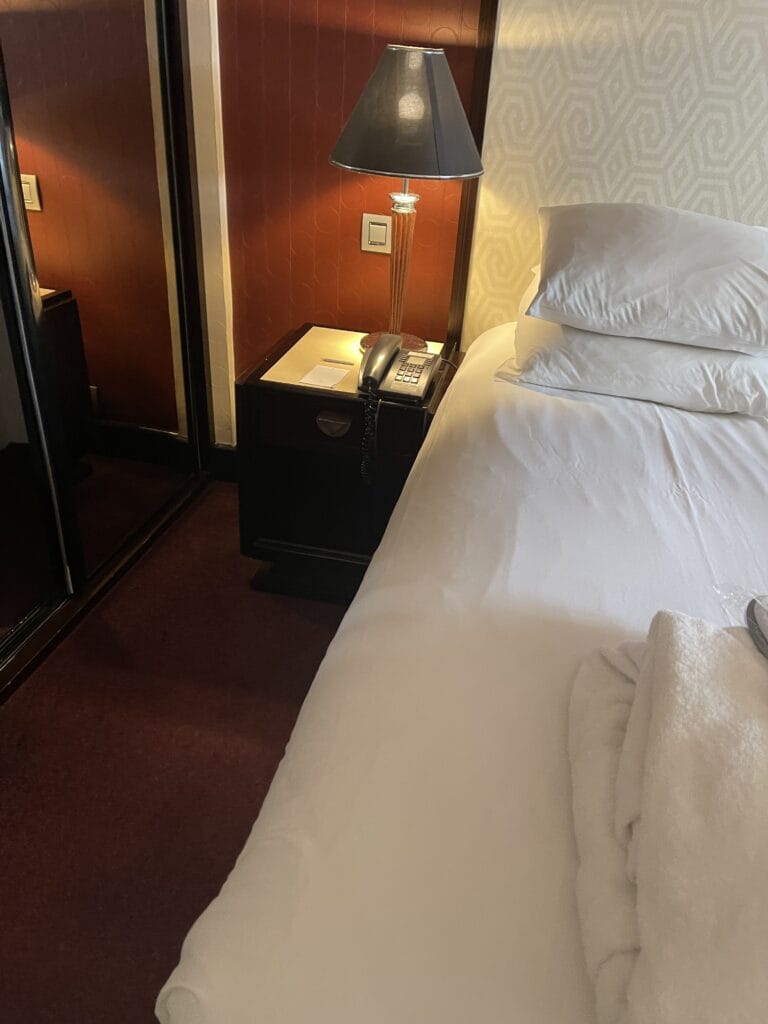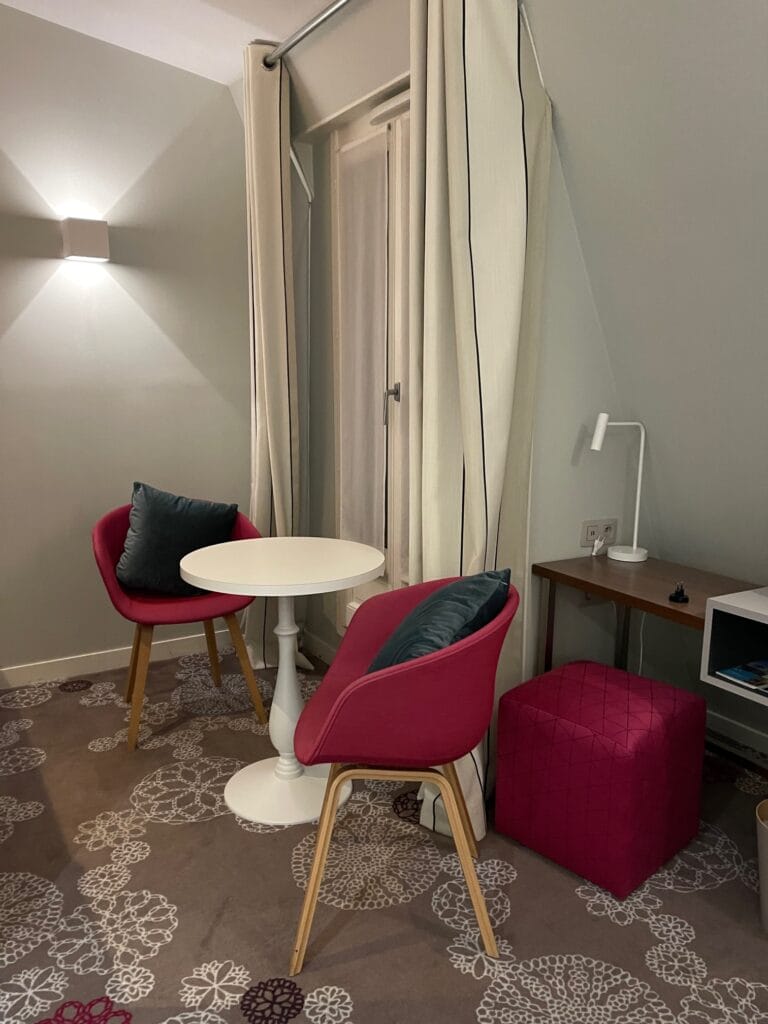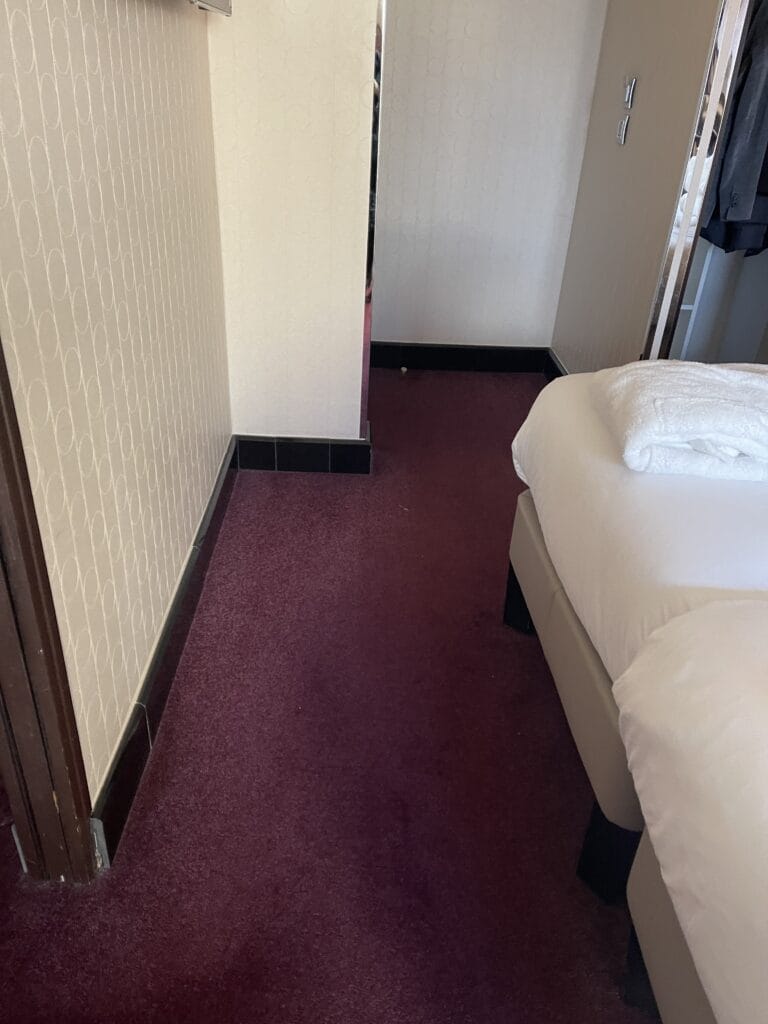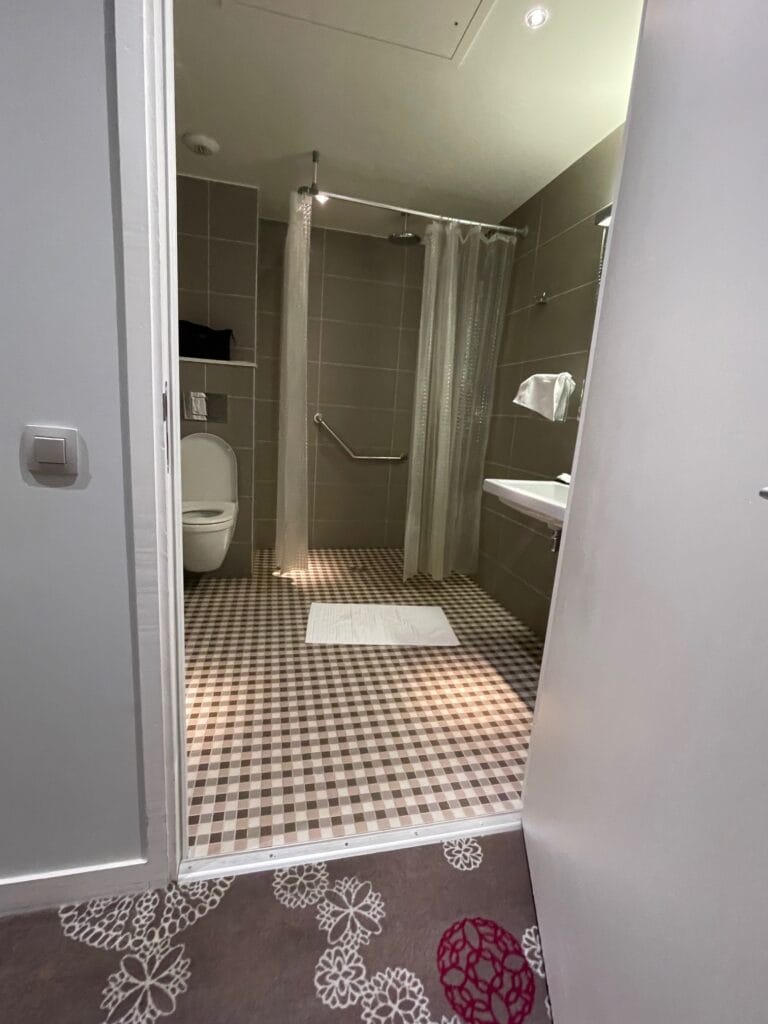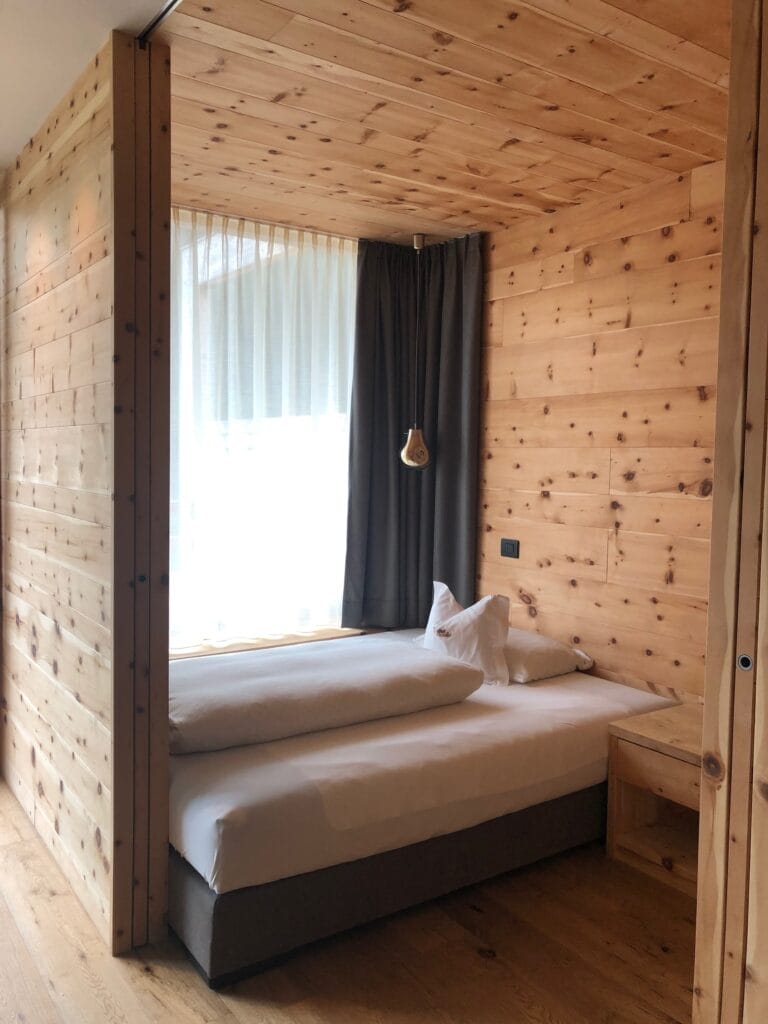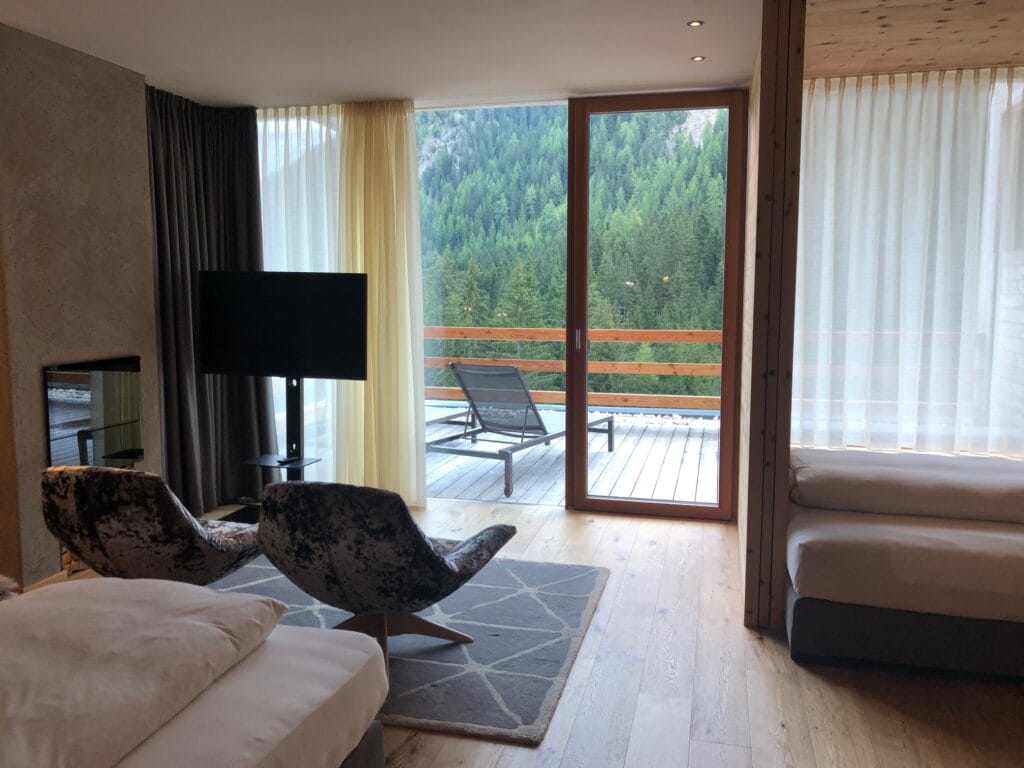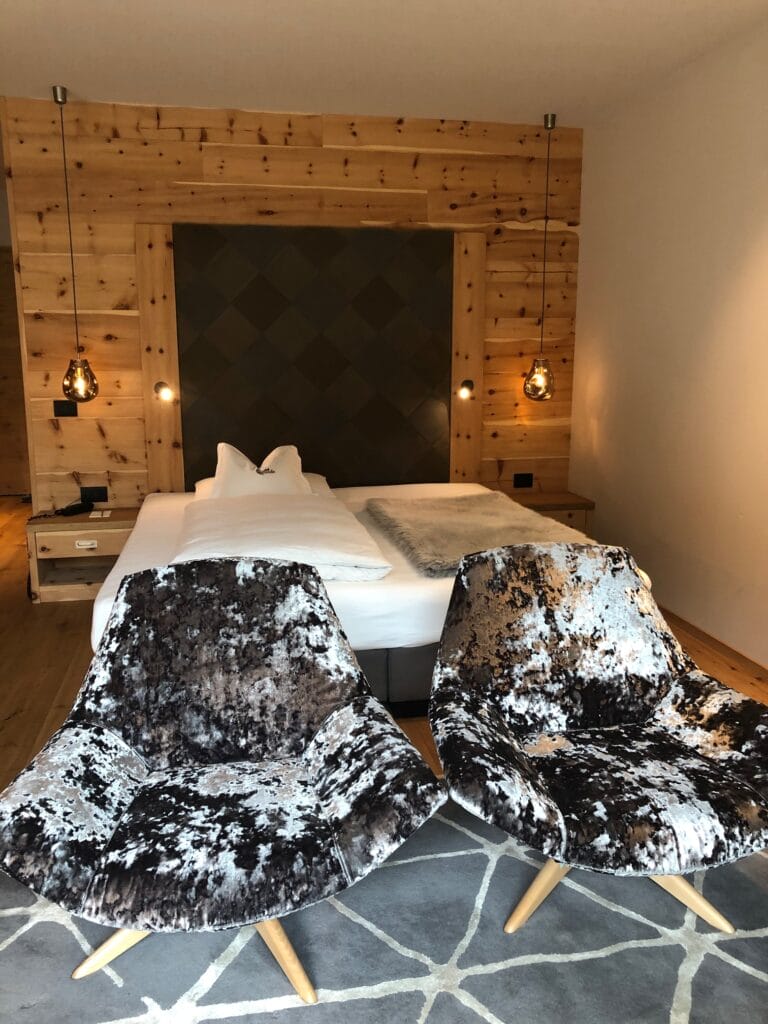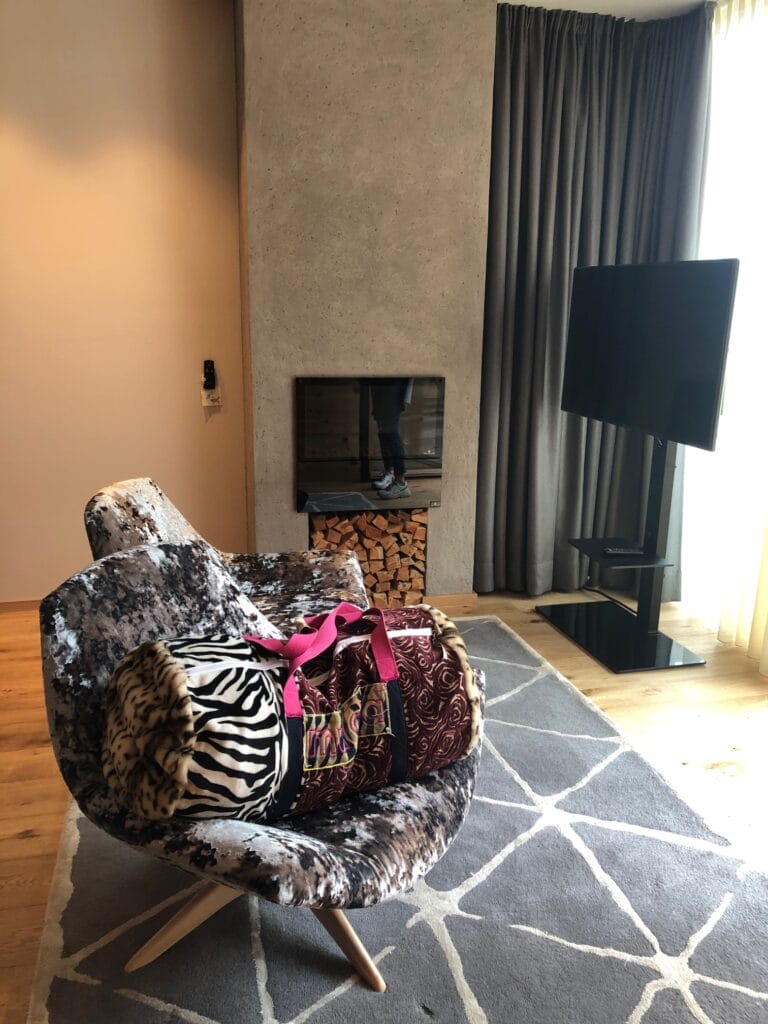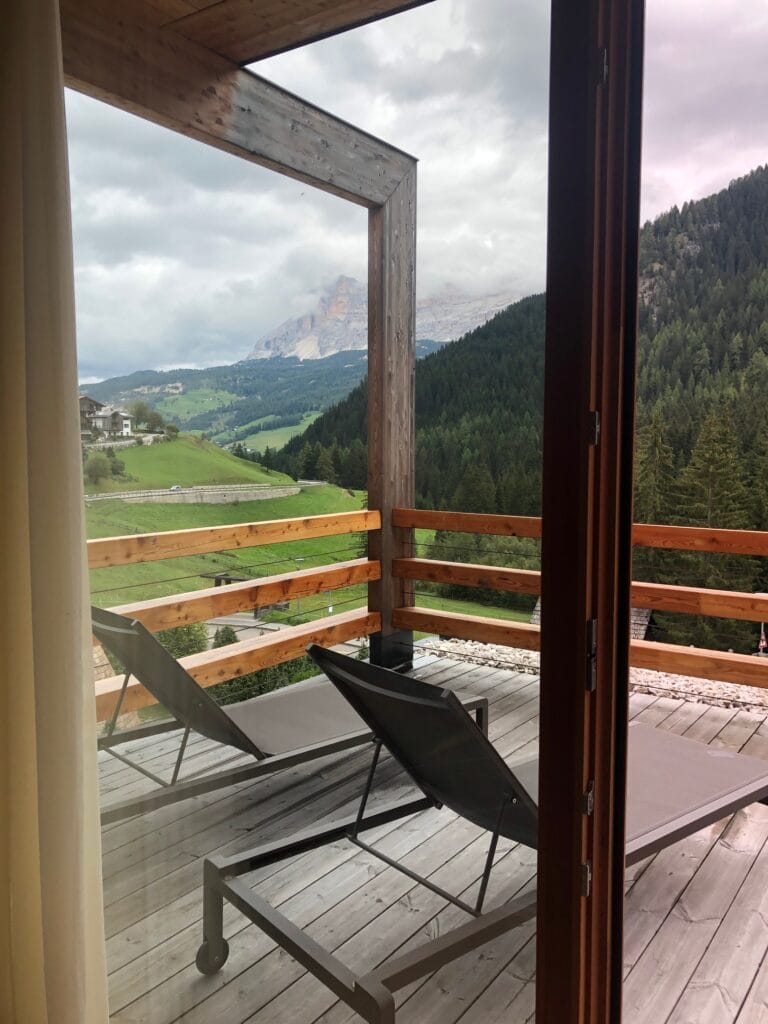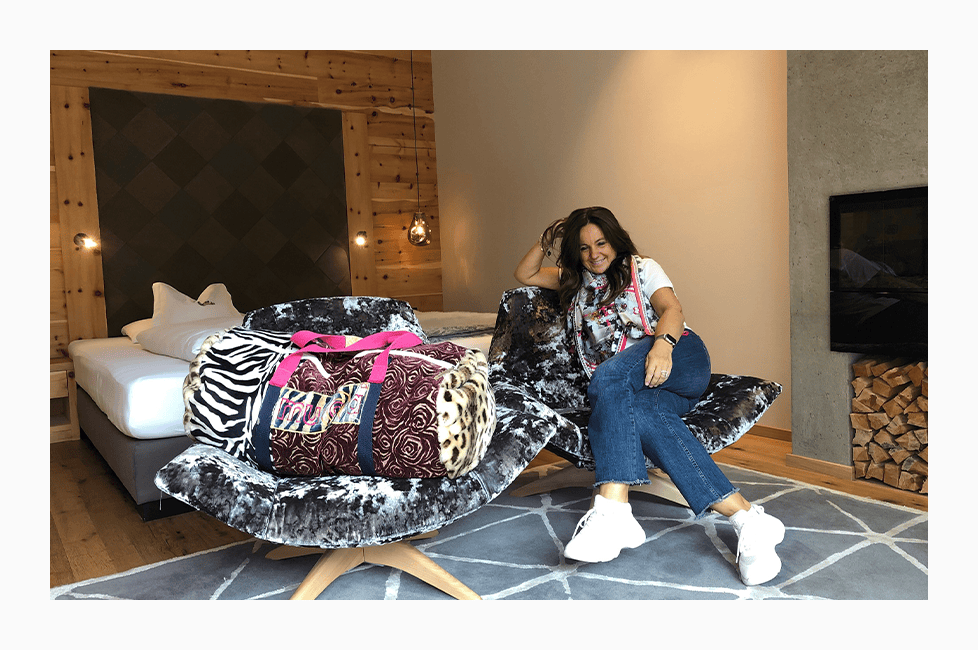
Has it ever happened to you to plan a few days of vacation, arrive exhausted and find yourself in a hotel room that you just don’t like?
Or that the “inner courtyard view” is actually an overlook to a wall?
Or find yourself on the second floor of a noisy street that prevents a well-deserved rest?
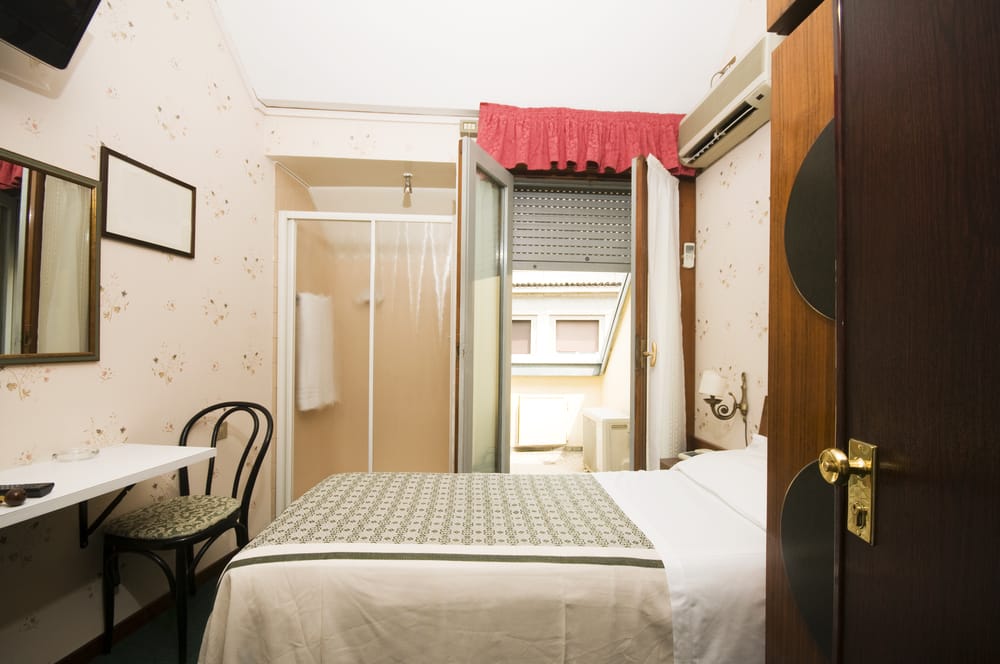
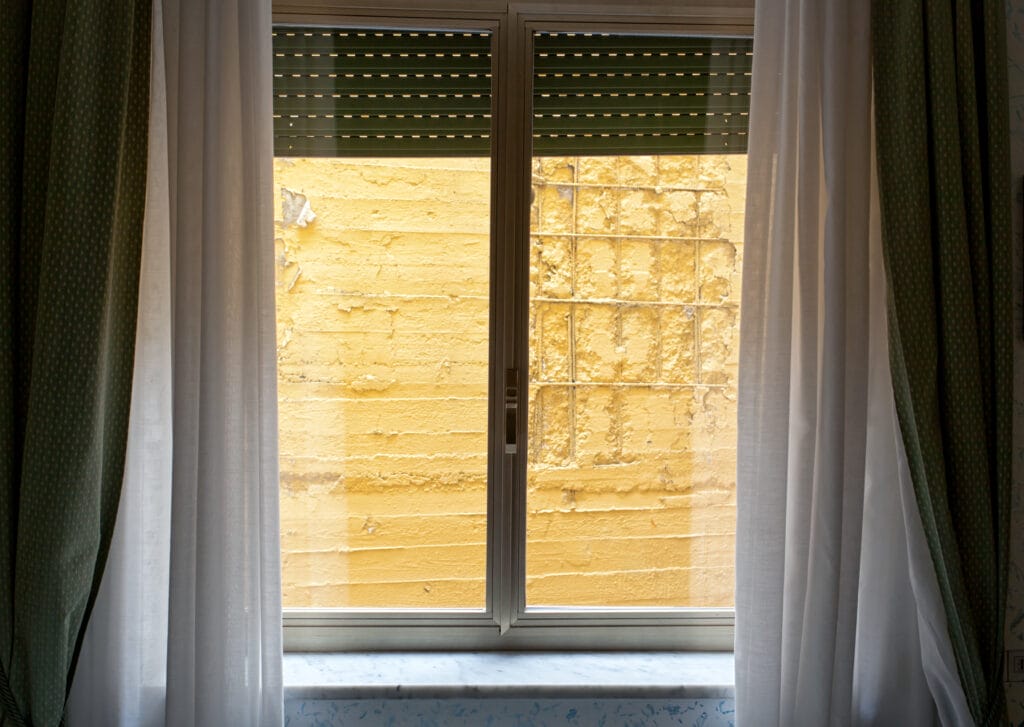
To me yes…. so I have honed the art in choosing online booking.
First of all, today booking a hotel room, a house, a B&B is technically very simple. Just open the Internet type in the destination, check the price and with one click you are done.
But with a few caveats.
Firstly, if you go to a city you do not know get informed on the areas or neighborhoods (today the internet tells us everything. You can also ask ChatGpt directly). If there are, for example, less safe places, or means available to reach your visiting or entertainment destinations. Once you have identified the area, begin your search.
1) Always check the size of the room. There are places like Paris where on average the rooms are very small. An 11/14 sq. m. room is not good for two people (even if they offer it to you as a double), unless you really like to be close together–but so close together. To have a minimum of breathing room, opt for at least 16/18 sq. m. And let’s be clear, these are still small rooms where it’s easy to find a “French-style” double bed and where an open suitcase on the floor struggles to fit except by doing a triple cartwheel every time you have to walk by.
2) If you like to rest and are a light sleeper, check that the hotel does not face a major road. If you have no choice ask for a room with an interior view. Again checking that it is not a dark and (badly)smelling cavity. How to do it. Write to the hotel asking what is meant by interior facing.
3) If the description says “wheelchair accessible room” know that you will also find the bathroom structured so that people with limited mobility can access it. Outside of Italy, with a few rare exceptions, forget bidets.
4) Check if breakfast is included and consider whether it is worth it. In some international hotels they charge as much as 30 to 45 euros, is maybe at the café across the street juice coffee and croissants cost a third.
5) Booking sites (Booking, Trivago, Tripadvisor, Expedia, etc.) are great to get an overview, but it is always advisable to cross-check also with the site of the hotel/structure you have identified. Often you will find even better conditions. Or, if the cost is better on an online engine, still check the room amenities and whether the hotel has undergone recent renovations. Sometimes the property site, the way it looks, is itself an indicator of care and attention. Writing a brief e-mail to the hotel to take away any doubts or making a phone call is always recommended.
6) Whether you book on a reservation site or directly on the hotel site, don’t leave the message space blank. Ask for a high floor if you like it, a particular location, or something that would make you feel comfortable. True, you will find it written that “they will do their best to accommodate you while not guaranteeing it,” but they will do everything they can to accommodate you.
7) DON’T TRUST THE PHOTOS. They are mostly taken with a wide-angle lens to make the spaces look larger–and in most cases they are not true. Instead, pay attention to details, such as the space between the nightstand and the wall, or whether there are chairs and console tables and their size, the presence of windows, and-most importantly-whether the photo is taken with natural light. Be wary of places photographed only with artificial light… you may have the unwelcome surprise of finding yourself sleeping in a basement… and if this is rarer for hotels, it is not at all so for B&Bs and all privately offered solutions.
8) Leave truthful reviews. They are appreciated by facilities whether they are compliments or cues for improvement. And also by travelers, who are often bewildered by text and images that say a lot but offer little in essence.

